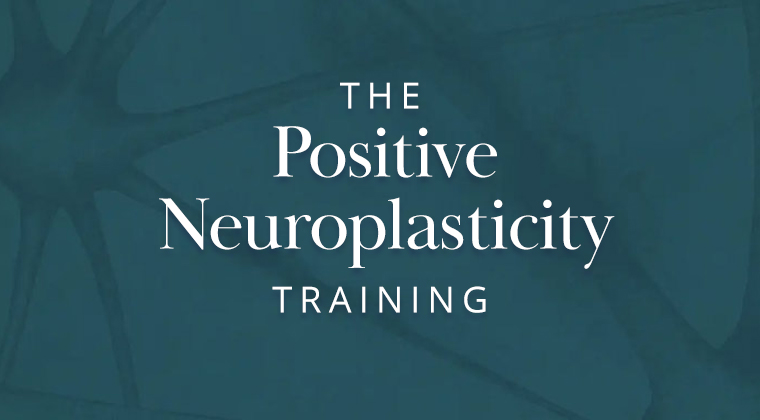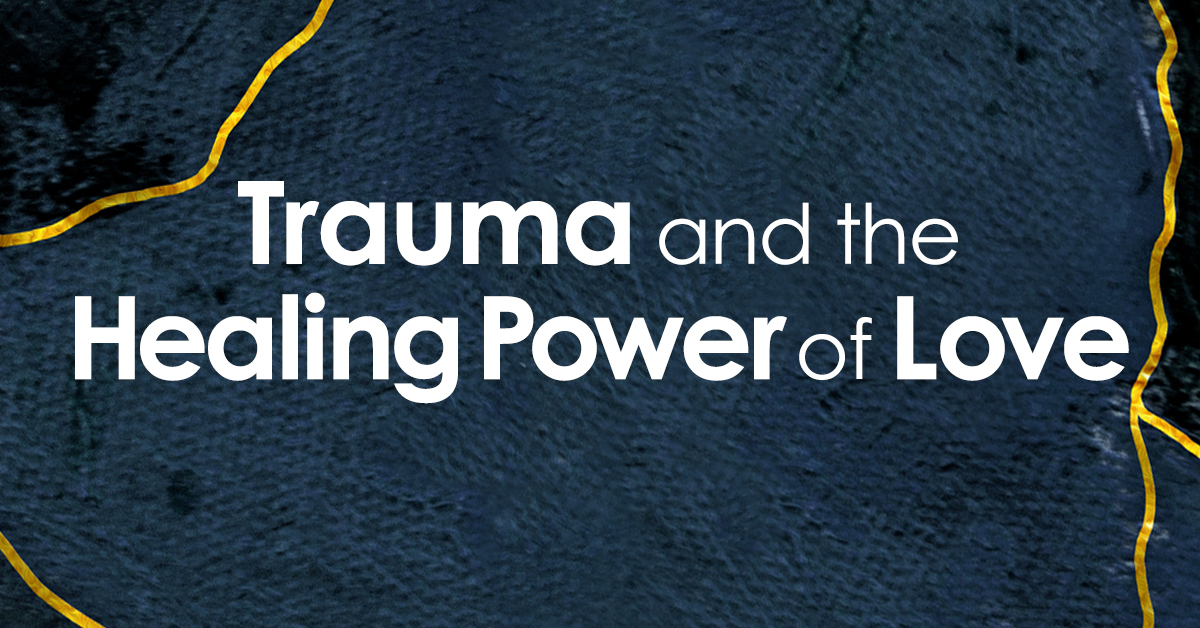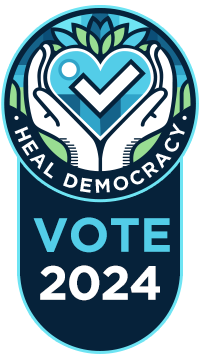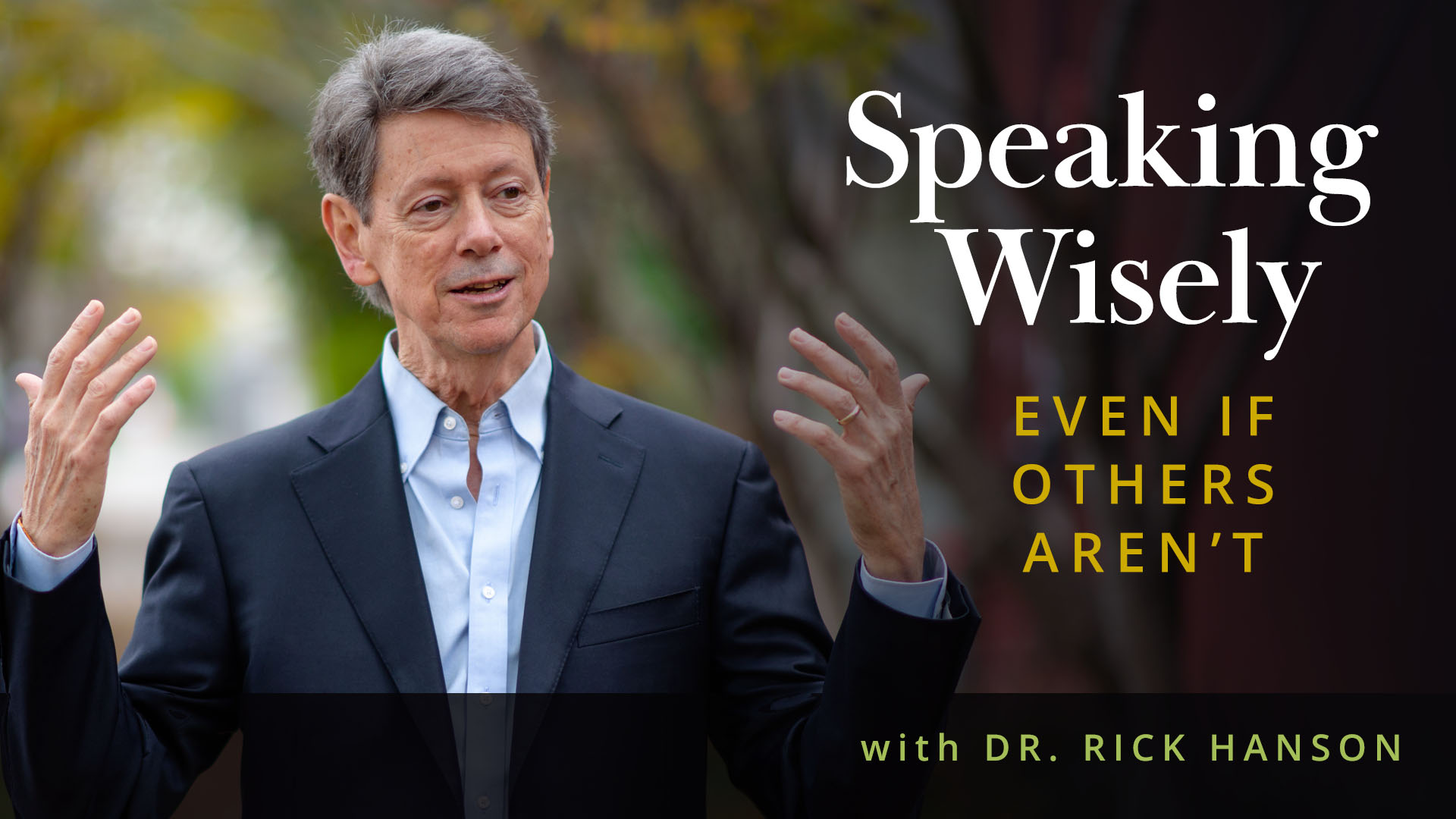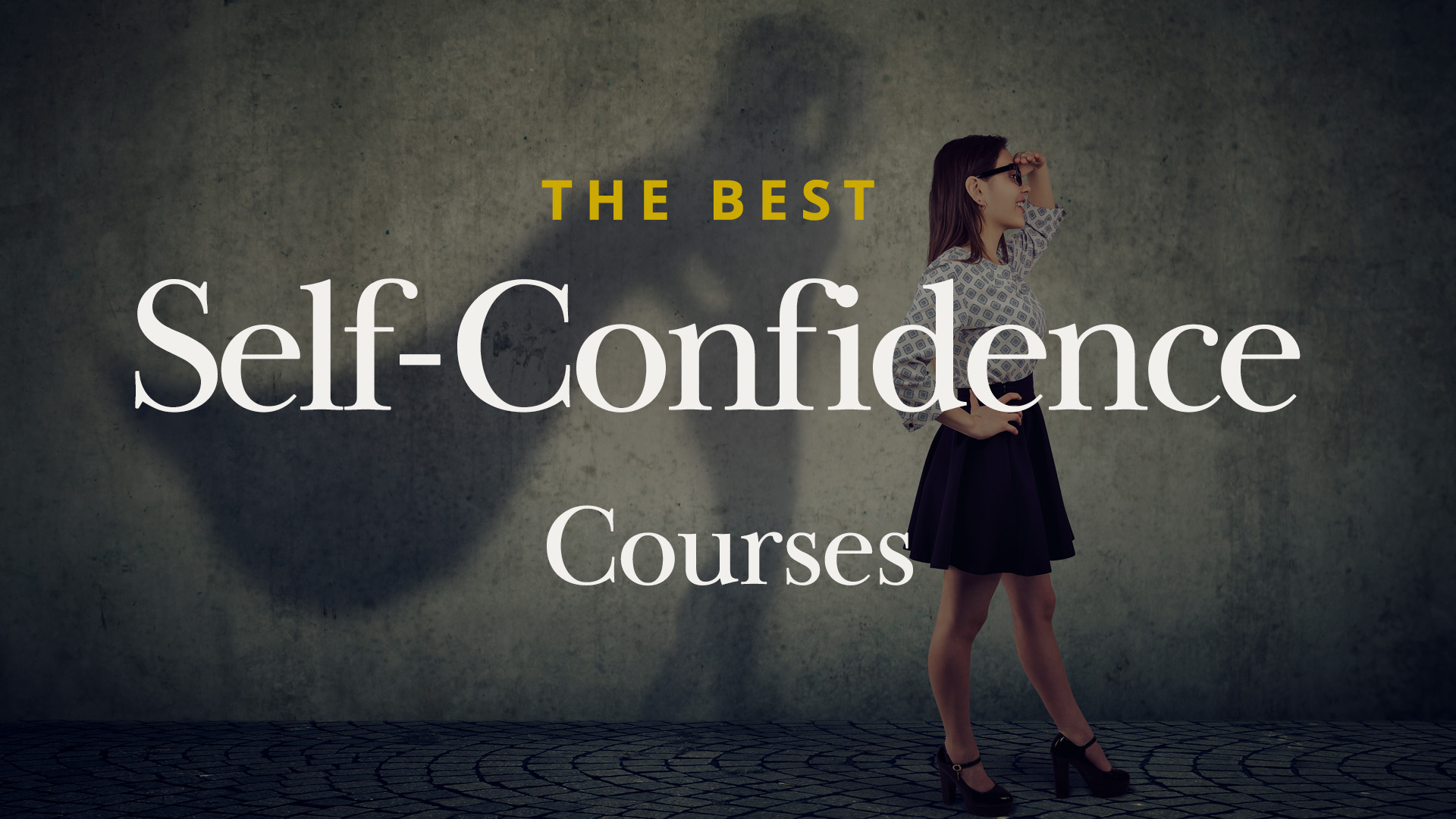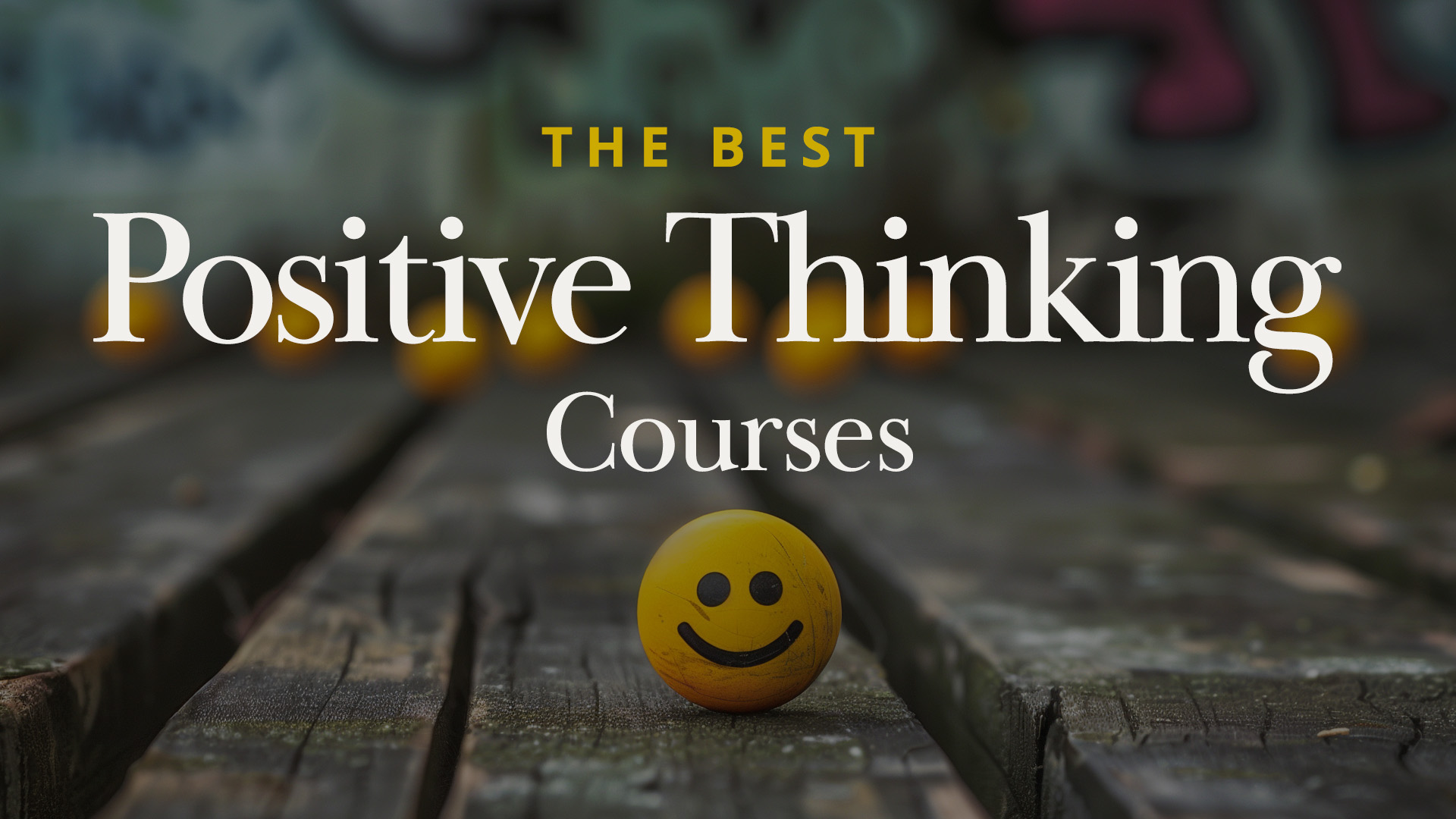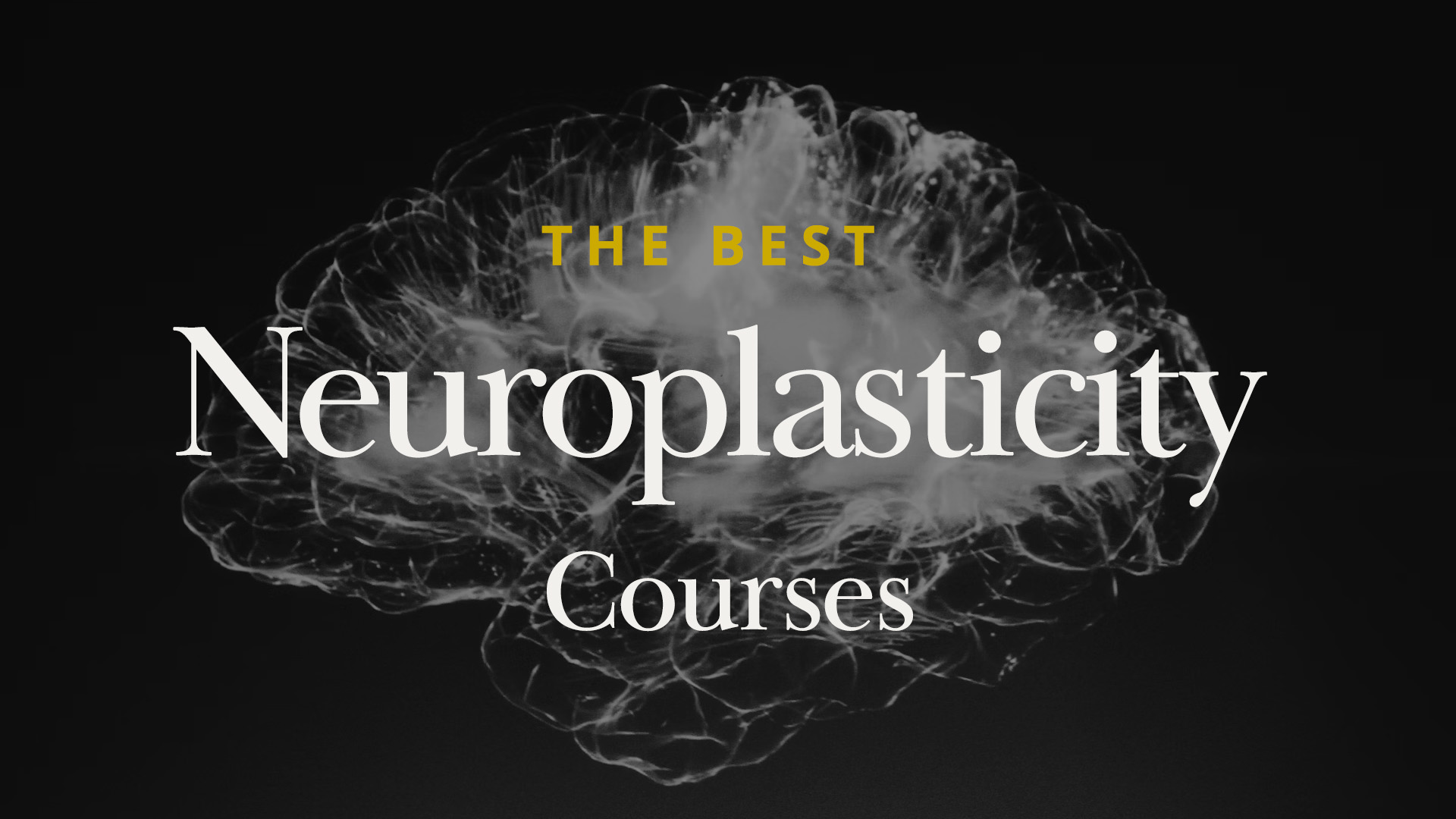What are you learning?
The Practice:
Ask questions.
Why?
My dad grew up on a ranch in North Dakota. He had a saying from his childhood – you may have heard it elsewhere – that’s: “You learn more by listening than by talking.”
Sure, we often gain by thinking aloud, including discovering our truth by speaking it. But on the whole, listening brings lots more valuable information than talking does.
Nonetheless, many people are not the greatest listeners. (You’ve probably noticed this already: at work, at home, when you’re trying to work something out with your partner.) What’s it feel like when they don’t listen to you? Or maybe listen, but don’t inquire further? It’s not good. Besides missing out on important information – including, often most importantly, your underlying feelings and wants – they’re sending the implicit message that they’re not that interested (even though, deep down, they might be).
Then turn it around: what do you think they feel like if you don’t listen that well to them? Not very good either.
Being a good listener brings many benefits: gathering helpful information, making others feel like they matter to you, sustaining a sense of connection with people, and stepping out of your familiar frame of reference.
One of the best ways to listen well is to ask questions. It makes you an active listener, it shows that you’ve been paying attention, it can get things out in the open (Mommy, is that emperor parading in his boxers?!), and it slows down emotional conversations, so they don’t get out of hand.
Get Tips Like This Delivered Right to Your Inbox
You can unsubscribe at any time and your email address will never be shared or sold.
How?
As a therapist, I ask questions for a living. Plus I’ve been married a long time through thick and thin, and raised two kids. As they say in medicine: good judgment comes from experience . . . and experience comes from bad judgment. So I offer some fruits of my bad judgments!
- Questions can be nonverbal. A raised eyebrow, a nod to say more, or simply letting there be a bit of silence are all signals to the other person to keep going.
- Have good intentions. Don’t ask questions like a prosecutor. It’s fine to try to get to the bottom of things – whether it’s what bothered your mate the most about her conversation with her friend, or what your son is actually doing this Saturday night, or what your role is supposed to be in an upcoming business meeting. But don’t use questions to make others look bad.
- Keep the tone gentle. Remember that being asked a question – particularly, a series of questions – can feel invasive, critical, or controlling to the person on the receiving end; think of all the times that kids get asked questions as a prelude to a scolding or other punishment. You could check in with the other person to make sure your questions are welcome. Slow questions down so they don’t come rat-tat-tat. And intersperse them with self-disclosure that matches, more or less, the emotional depth of what the other person is saying; this way they’re not putting all their cards on the table while you keep yours close to the chest.
- As appropriate, persist in getting a clear answer. If you sense there’s still some problematic fuzziness or wiggle room in the other person’s answers, or simply more to learn, you could ask the question again, maybe in a different way. Or explain – without accusation – why you’re still unclear about what the other person is saying. Or ask additional questions that could help surface the deeper layers of the other person’s thoughts, feelings, and intentions.
- Different kinds of questions are appropriate for different situations. For example, trying to get clearer about a project your boss wants you to do is definitely not like a delicate inquiry into what might help things go better in a physically intimate relationship. Questions about facts or plans are usually pretty straightforward. For the murkier, more emotionally charged territory of friends and family, here are some possibilities:
How was _______ for you?
What do you appreciate about _______ ?
What bothers (or worries) you about _______ ?
Are there other things you’re feeling (or wanting) besides ______?
What did this remind you of?
What did you wish had happened, instead?
What’s the most important thing here, for you?
What would it look like if you got what you wanted here? (Or: “. . . what you wanted from me?”)
How would you like it to be from now on?
Could you say more about _______ ?
If your intentions are good, it’s really OK to ask questions. Usually, people welcome them. Take confidence in your good intentions and good heart.
Know Someone Who Could Ask More Questions?
Use the buttons below to share this article via social media or email.
